ASEAN countries join hands to handle fake news on cyberspace
On September 19, within the framework of the ASEAN Ministerial Meeting in charge of information week held in Da Nang City, the ASEAN Regional Forum on responding to and handling false information in cyberspace opened.
Speaking at the opening of the forum, Mr. Nguyen Thanh Lam, Deputy Minister of Information and Communications, said that from 2017 to present, regarding the issue of false news and fake news, ASEAN has issued many Statements and activities.
According to Mr. Lam, at the 14th AMRI Ministerial Meeting, the Ministers adopted the Framework and Joint Statement on Reducing the Harm of Fake News and proposed feasible solutions to address the problem of fake news and its negative impacts, for the benefit of ASEAN people. In 2022, at the 19th ASEAN Senior Officials Meeting on Information (SOMRI), Vietnam's initiative to establish the ASEAN Task Force on Fake News was officially approved.
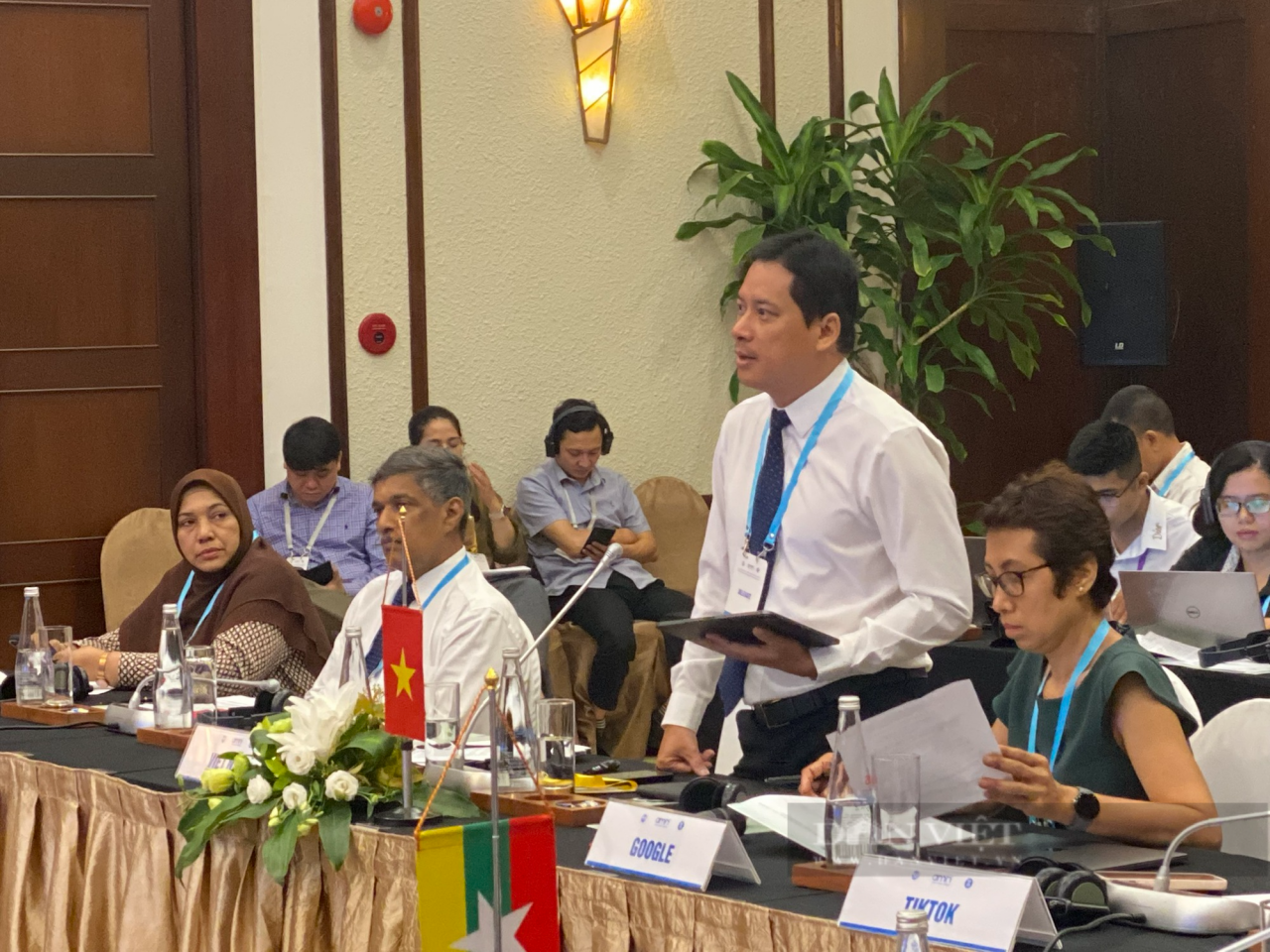
Vietnamese representative shares experience in handling fake news on cyberspace at ASEAN Regional Forum on responding to and handling fake news on cyberspace. Photo: Dinh Thien
However, Mr. Lam said that the activities in the above phase only stopped at sharing policies and experiences among state management agencies and have not been expanded to include press agencies, research agencies, media units, or cross-border social network service providers.
Speaking about the impact of fake news on cyberspace on his country, the representative in charge of Malaysian information said that the widespread spread of fake news on the Internet and social networks is one of the most urgent issues of the Malaysian government .
“During the Covid-19 pandemic, our country has also faced the rampant spread of fake news and inaccurate information which the Malaysian government has had to constantly curb to avoid causing chaos and serious economic losses. There are fake news that can incite and create hatred among diverse communities in Malaysia, which can affect national unity and stability.
The first effective line of defense against the circulation of fake news is through public-private partnerships, where government agencies work together with business and community bodies to contain the menace of fake news in the shortest possible time,” the Malaysian representative shared.
What will Google and TikTok do to reduce misinformation?
To help users find quality information and detect false information, a representative of Google Asia said that the platform will start with new Search features to support Asian user communities in verifying information on Google.
“Having the tools to find quality information and spot misinformation is always important, but it’s essential during times when it matters most, like during a crisis or when you’re looking for sensitive information like health or financial advice.
Looking ahead, we wanted to acknowledge these vulnerable moments and share some of the ways we’re making it easier for people in Asia Pacific to evaluate information online. With this added context, people can make more informed decisions about the sites they might want to visit and which results will be most helpful to them,” said a Google representative.
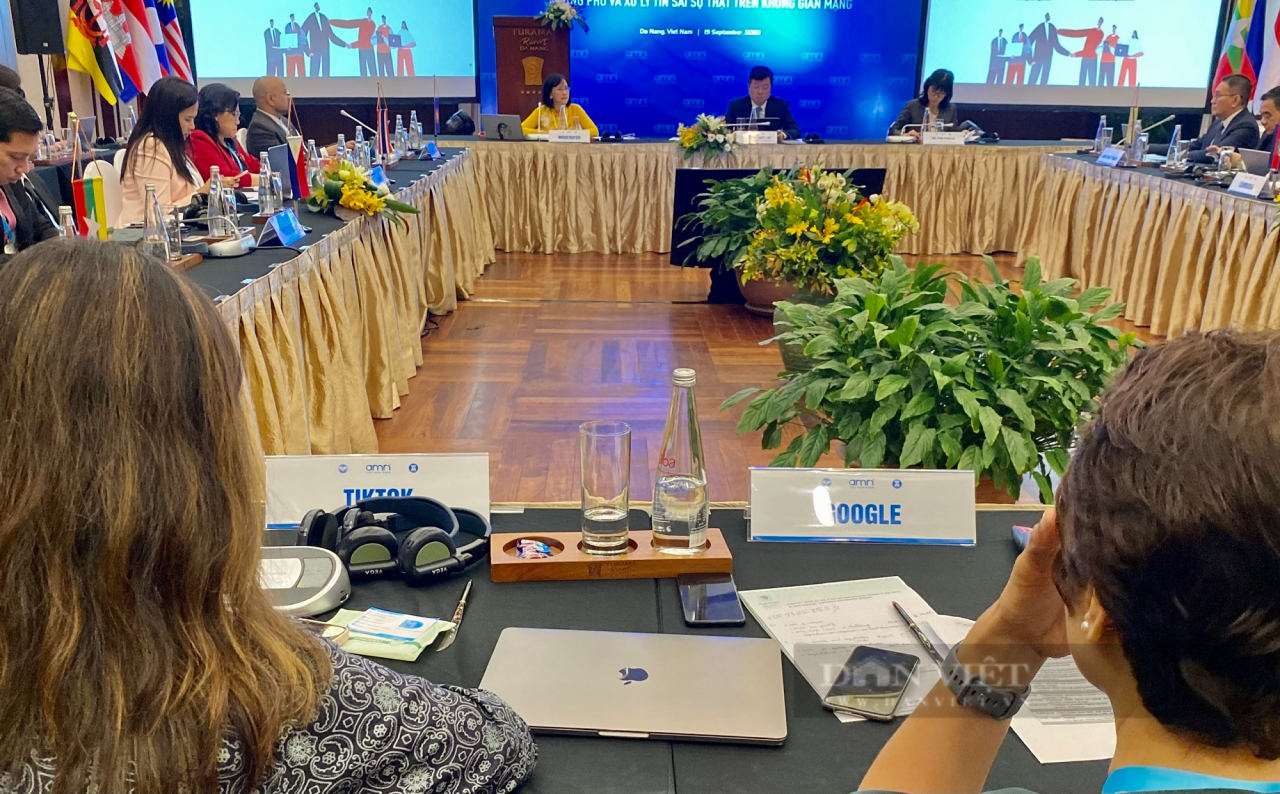
Google and TikTok said they will join hands with ASEAN to reduce false information on cyberspace. Photo: Dinh Thien
On the YouTube platform alone, a Google representative said the company is expanding news feeds to provide context for Singapore, Pakistan, Papua New Guinea and New Zealand.
"Now, when people search for videos on YouTube about certain topics that tend to contain misinformation, they'll see information panels at the top of search results or below the video they're watching, which include links to additional information and context from authoritative third-party sources," a Google representative shared.
Participating in the forum, a representative of TikTok Singapore affirmed that the platform's standards do not allow inaccurate, misleading or false content that could cause significant harm to individuals or society, regardless of the purpose. Significant harm includes physical, psychological or social harm and property damage.
"We rely on independent fact-checking partners and a database of previously fact-checked claims to help assess the accuracy of content. TikTok also adds warning labels to content related to urgent or ongoing events, reminding people to reconsider sharing that content," a TikTok representative shared.
In addition, TikTok platform representatives also said that they will use a combination of technology and human moderation to enforce their policies, including removing content, banning accounts, and making it more difficult to find harmful content in recommendations or searches on the platform.
danviet.vn



![[Photo] Ready for the top competitions of Vietnamese table tennis](https://vphoto.vietnam.vn/thumb/1200x675/vietnam/resource/IMAGE/2025/5/18/9c547c497c5a4ade8f98c8e7d44f5a41)

![[Photo] Many young people patiently lined up under the hot sun to receive a special supplement from Nhan Dan Newspaper.](https://vphoto.vietnam.vn/thumb/1200x675/vietnam/resource/IMAGE/2025/5/18/6f19d322f9364f0ebb6fbfe9377842d3)









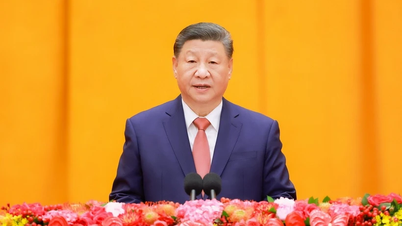


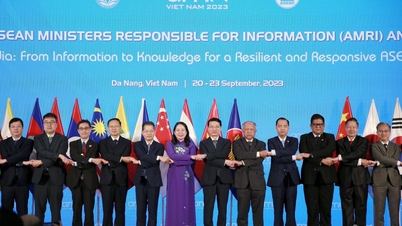





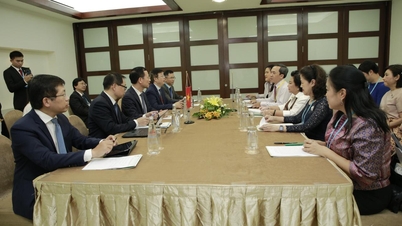











![[Photo] General Secretary To Lam visits exhibition of achievements in private economic development](https://vphoto.vietnam.vn/thumb/1200x675/vietnam/resource/IMAGE/2025/5/18/1809dc545f214a86911fe2d2d0fde2e8)


















































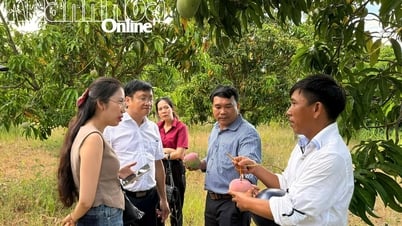















Comment (0)